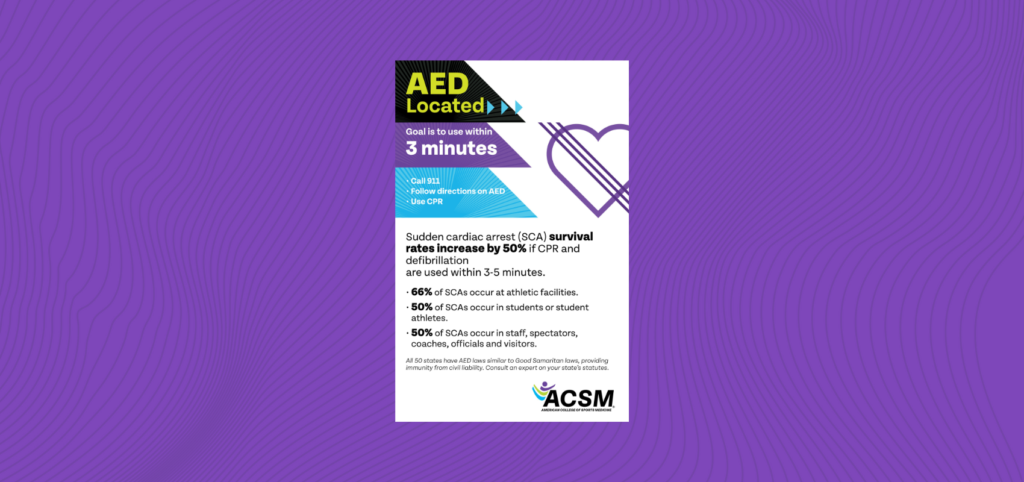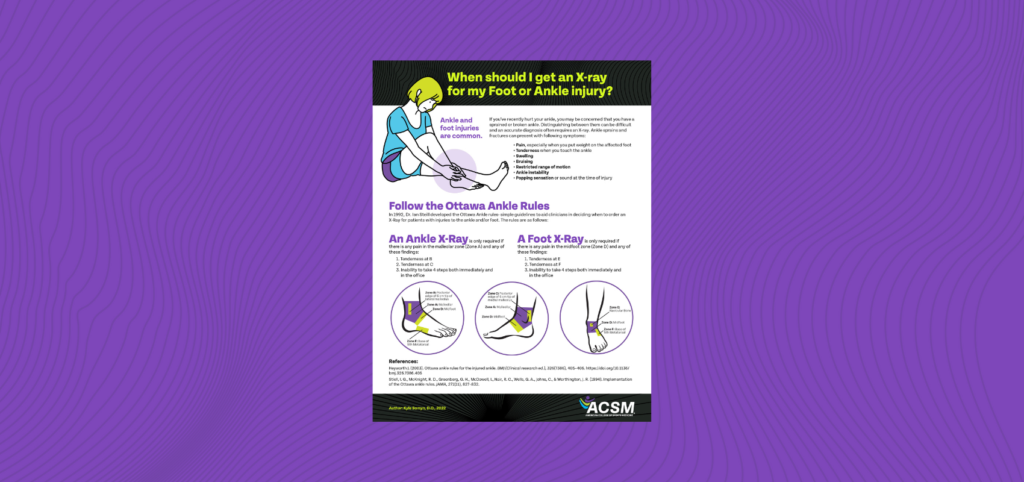Eccentric Contractions Are Responsible for Muscle Damage and Neuromuscular Fatigue

Many of our functional daily and exercise activities include both concentric (shortening) and eccentric (lengthening) muscle contractions (actions). However, eccentric-only or accentuated eccentric contractions are also commonly performed in resistance exercises. It is well known that exercises consisting of high-intensity and/or a large number of eccentric contractions induce delayed-onset muscle soreness and prolonged decreases in […]
Associations between Physical Health and Brain Health: Uncovering the Brain-Fitness-Adiposity Relationship in Children

Childhood obesity is an epidemic affecting over 340 million youth worldwide, with rates continuing to increase each year. Importantly, childhood obesity does not occur in isolation, as rates of physical inactivity are also increasing, with children and teens being less physically active now than in the past. These areas of public health are incredibly interrelated, […]
The Pressing Need for Sports Medicine in Motorsports

Automobile racing is one of the largest spectator sports in the world, with a viewing audience equal to that of soccer, and most people, regardless of their interest in the sport, can name famous race events like the Daytona 500 or Indy 500 and drivers like Jeff Gordon, Mario Andretti or Lewis Hamilton. The popularity […]
Overall Physical Activity or Intensity of Activity: Which Is More Important for Cardiometabolic Health?

Cardiometabolic risk describes a collection of factors known to increase the likelihood of cardiovascular disease. It includes lipid and glucose metabolism as well as adiposity and hypertension. We know that being more physically active is associated with lower cardiometabolic risk. However, it is not clear whether more specific or tailored physical activity guidance can be […]
Resistance Exercise Increases Gastrointestinal Symptoms, Markers of Gut Permeability, and Damage in Resistance-Trained Adults

Gastrointestinal (GI) discomfort can occur as an unfortunate byproduct of physical exercise. While this phenomenon has been thoroughly outlined in endurance athletes, only one study to date has measured and reported increased markers of GI injury following resistance exercise that coincided with decreased nutrient absorption. Grand View Market research estimates the global digestive health market will reach […]
AED Poster

Use this helpful poster to advertise the location of your AED.
How to Help Keep Golfers Healthy

Golf is a sport played by millions of people worldwide. It is unique in the fact that it can be enjoyed by people of all ages and skill levels. And notably, with our recent pandemic, golf provided us a great way to stay active outdoors while still practicing safe social distancing, which has only increased […]
Can Diet Help Athletes Manage ADHD?

As a sports nutritionist, I commonly counsel athletes who have Attention Deficit Hyperactivity Disorder—generally referred to as ADHD (or ADD). ADHD is characterized by hyperactivity, impulsivity, and/or inattention. It affects 4-10% of all American children and an estimated 4.4% of adults (ages 18-44 years). ADHD usually peaks when kids are 7 or 8 years old. […]
Adolescents with Sport-Related Concussion Recover Faster When They Adhere to an Aerobic Exercise Prescription

Patients with sport-related concussion have traditionally been advised to employ strict physical and cognitive rest until all of their symptoms resolve, i.e., until they become asymptomatic. This “cocoon therapy” was based largely upon animal research showing that early uncontrolled physical activity delayed recovery from simulated concussion. Emerging evidence over the past decade, however, demonstrates that there is […]
When Should I Get an X-ray for My Foot or Ankle Injury?

Follow these guidelines when evaluating an ankle injury, shared by Kyle Samyn, D.O.
